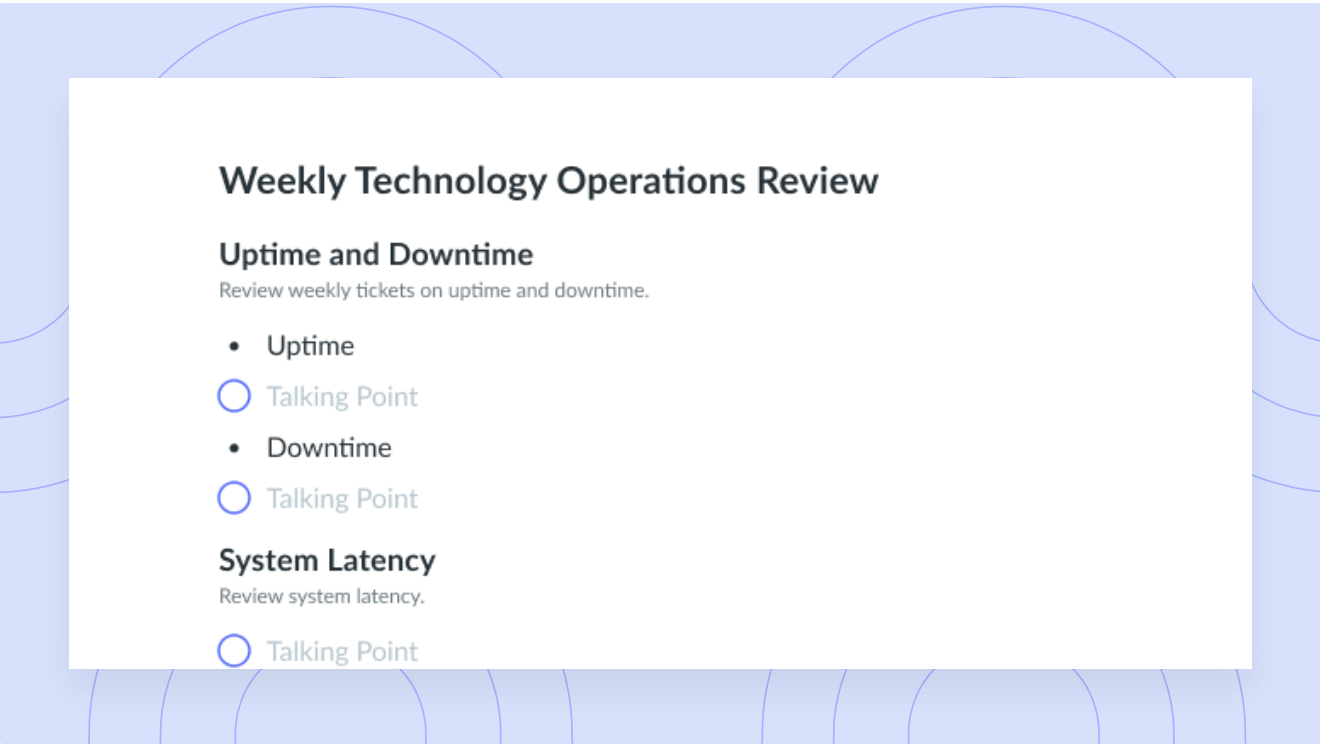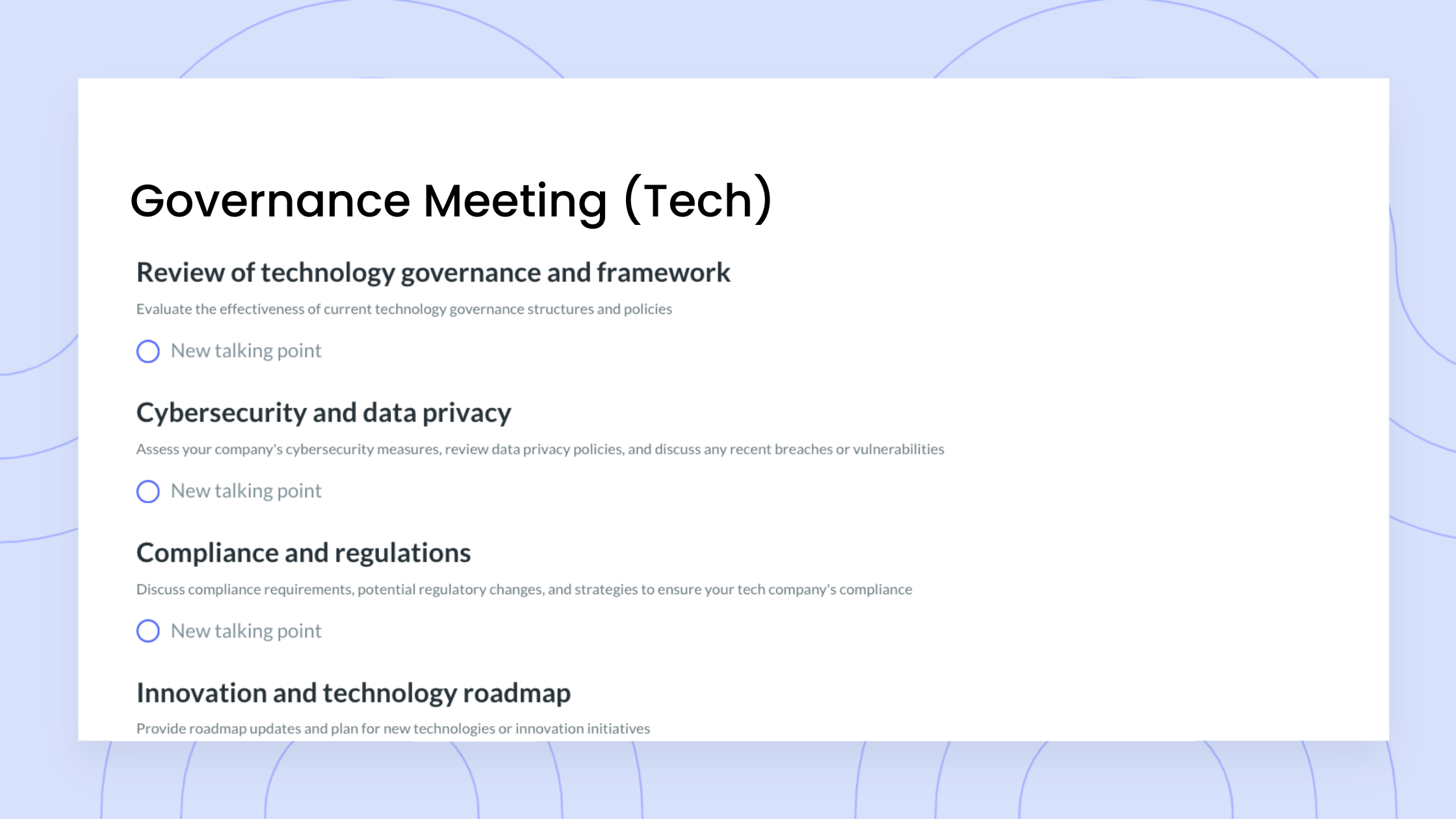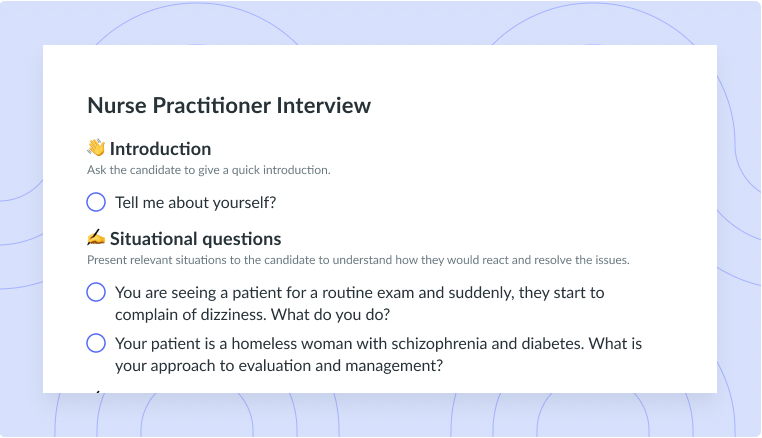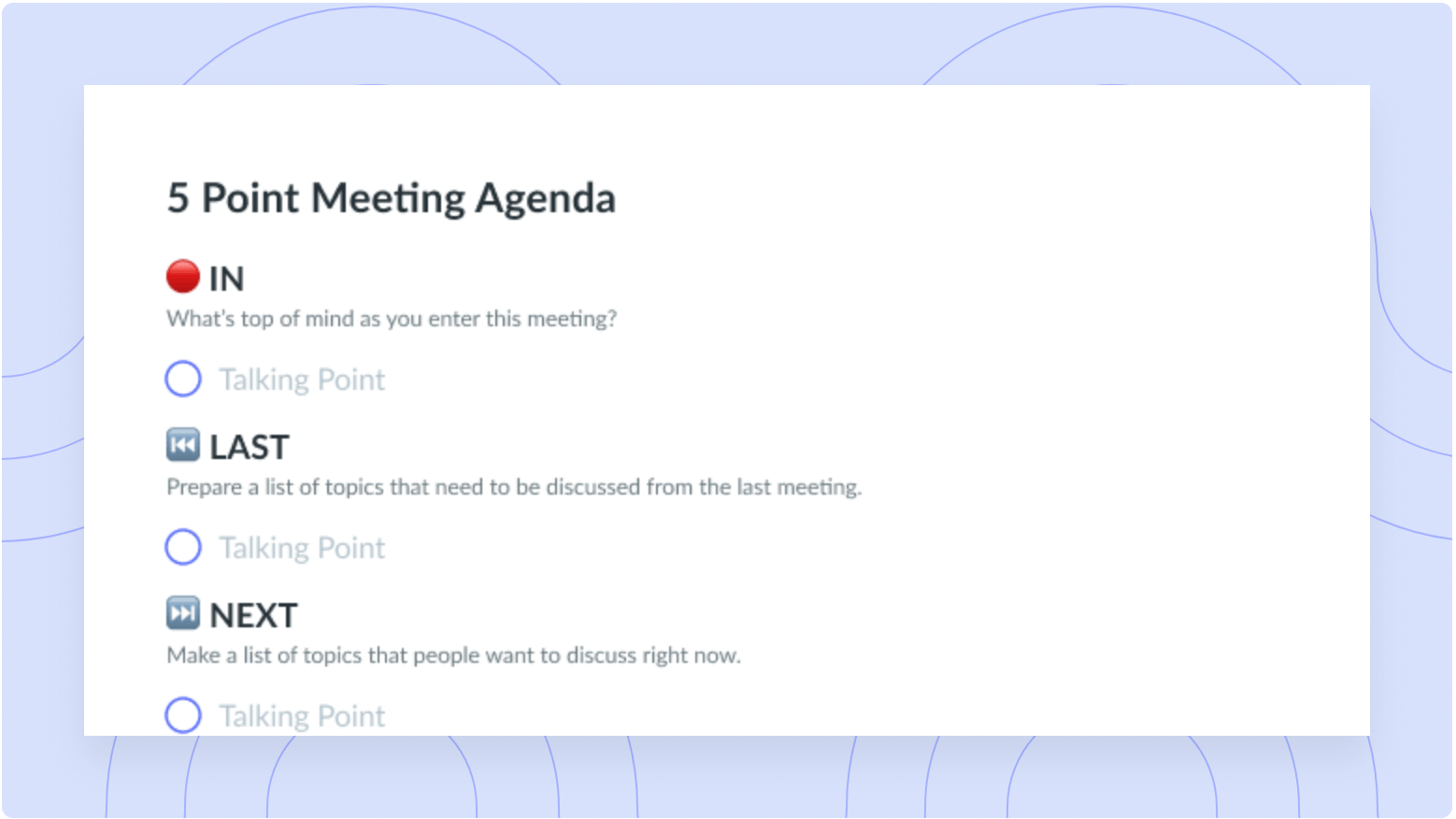Becoming a Cyber Security Engineer: Everything You Need to Know
Learn everything you need to know about becoming a Cyber Engineer here, including 6 highly sought-after skills!
No matter their industry, organizations both large and small need security measures to protect their systems, networks, and data. This is where cyber security engineers come in. Cybersecurity is an emerging branch within the Information Technology industry, ideal for those who enjoy a high-risk, high reward challenge. They find security threats and come up with solutions to address them. Below, learn everything you should know about cybersecurity engineers and their roles within organizations.
- Cyber security engineer overview
- What is the Demand for Cybersecurity Engineers?
- What Does a Cybersecurity Engineer Do?
- Cyber security engineer career paths
- How Long Does It Take to Become a Cybersecurity Engineer?
- Education requirements for cyber security engineers
- Specialties in Cybersecurity
- Cybersecurity Engineer Qualifications & Certifications
- 6 Highly sought-after skills of successful cybersecurity engineer
Cyber security engineer overview
A cyber security engineer protects an organization’s software, computer systems, applications, and networks from security breaches. People in cyber engineer roles use some electrical engineering and computer science concepts to create innovative solutions for preventing or resolving cyber security attacks.
Cybersecurity engineers need excellent problem-solving skills, and they should be great at working under pressure. They’ll troubleshoot security issues, patch up data breaches, create network status reports, and plan and launch system updates.

Run efficient meetings, come to a decision, and get back to work
Level up your engineering meeting habits to boost engagement and productivity with a collaborative meeting agenda. Try a tool like Fellow!
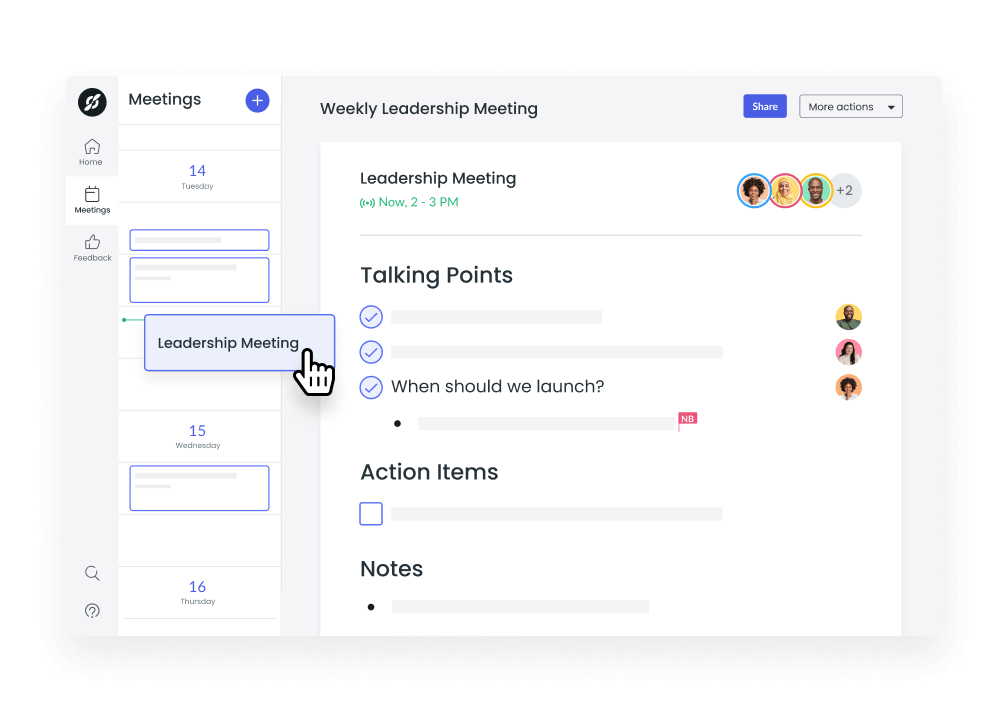
What is the Demand for Cybersecurity Engineers?
Cybersecurity is a rapidly growing field with a great job outlook. According to the Bureau of Labor Statistics (BLS), jobs in “information security analysis” are projected to grow by 35 percent between 2021 and 2031. This percentage is much higher than the figures for other industries.
About 19,500 new cybersecurity jobs open up every year. With this number of jobs regularly popping up on the market, there are so many opportunities to get on the bandwagon. And there are plenty of chances for career advancement as you get more experience.
What Does a Cybersecurity Engineer Do?
If you’re thinking of becoming a cyber security engineer, you should first understand what it is a Cyber Security Engineer is responsible for. Below are two of the most important functions of this position:
- Protect organizations from malicious attacks
- Design security infrastructure that fights off cyber attacks
1Protect organizations from malicious attacks
As a cybersecurity engineer, you’re in charge of safeguarding an organization’s computer systems and networks from threat actors (hackers) and malicious attacks. You’ll use your information technology skills to come up with high-tech solutions that keep data safe from both internal and external threats. You’ll also help other team members learn how to protect the organization’s security.
2Design security infrastructure that fights off cyber attacks
Firewalls, VPNs, security audits, and data loss prevention practices are just some of what you’ll develop, launch, and manage as a cybersecurity engineer. You’ll use coding and programming languages to build this all and create management principles that set the highest security standards.
You might also get to step into the shoes of a threat actor as an “ethical hacker” to simulate a data breach. Sounds fun to play the villain for a bit, right? This is a great way to better identify security vulnerabilities in your organization’s systems and put secure network solutions into place.
Cyber security engineer career paths
There are a bunch of different jobs for people with education or experience in cyber security engineering. Entry-level engineer positions include security specialist, security administrator, incident responder, cryptographer, security analyst, and forensic expert.
Engineers with a bit more experience can find jobs in security architecture, security auditing, asset security, and security engineering. With more advanced skills and years of experience, senior-level cyber security engineers can become security directors, security managers, and chief information security officers.
How Long Does It Take to Become a Cybersecurity Engineer?
The most common, and typical timeline to becoming a cyber security Engineer is dependant on individual education, acquired prior experience within the field, and certifications. Most people can expect to secure an entry-level cyber security Engineer position within two to four years, that is if they have the required field experience and education. On the other hand, for those who already have experience working in IT, additional certifications can be a good way to not only transition into this field, but also quickly climb the cybersecurity engineer career ladder.
Education requirements for cyber security engineers
People who want to become cyber security engineers typically need a bachelor’s degree in computer science, cybersecurity, IT, or software engineering. A master’s degree can open doors for more advanced and higher-paying job opportunities.
In some cases, formal education isn’t required for a job as a cyber security engineer, as long as the right skills are there. However, as more people enter the field, organizations might prefer that candidates have a related degree.
Specialties in Cybersecurity
To pursue a career in cybersecurity, it is important to know the areas of specialization within it such as:
1Network security
Network security is all about protecting an organization’s systems from unauthorized access, data theft, malware, and other security threats. The computers, wireless networks, and servers in a network need to be protected at all times. With effective network security practices in place, threat actors can’t easily access a network, get access to its data, or cause damage.
2Information security
Information security, also known as InfoSec, involves keeping unauthorized users from accessing or changing data. This field focuses on information confidentiality, availability, and integrity so that data only gets into the hands of the right people. It covers security for data encryption and hardware and software.
3Application security
Application security is a part of the software development process. It involves building, launching, and testing an application’s security features to make sure they’ll hold up against threats and vulnerabilities. There are several different types of application security, including authentication, encryption, authorization, and logging. Application security applies to mobile, cloud, and web applications.
4Cloud security
Cloud security involves addressing external and internal security threats to a network. That means keeping data secure as it passes through the cloud. It includes data security, legal compliance, data retention, and access management. This field within cybersecurity focuses on protecting physical networks, data servers, operating systems, and computers.
Cybersecurity Engineer Qualifications & Certifications
1Qualifications:
In general, a cybersecurity engineer must have the following qualifications:
- A degree in Computer Science, IT, Systems Engineering, or a related field
- Atleast two years of work experience in cyber security-related duties
- Experience with the functionality, operation, and maintenance of firewalls and various forms of endpoint security. This way, if an issue arises, they know how to work on the network without doing more damage
- Familiarity with a variety of computer operating systems so they know what issues to look for and how to solve potential problems
- Proficiency in languages/tools such as C++, Java, Node, Python, Ruby, Go, or Power Shell
- A concrete understanding and experience with ethical hacking, which involves hacking into a computer network with the goal of identifying security compromises and fixing them instead of doing any harm. Cyber security engineers will use these techniques to find security loopholes before real threat actors do
- A detailed background and experience with computer forensics, which involves tracking and investigating information stored on a device. The goal here is to find three things: how threats are impacting a network, the source of the attack, and ways to shut it down
- Up to date knowledge and understanfing of the latest cyber security trends and hacker tactics
2Certifications:
The top three certifications to have before you kickstart your career in the cyber security field, or help you upskill:
- CEH (Certified Ethical Hacker): This course focuses on reverse engineering to better protect corporate infrastructures from data breaches. Ideal for those wanting both technical and business knowledge related to security threat analysis. Additionally, this certification helps to prepare for executive or administrative roles related to security threat management.
- CompTIA Security+: The CompTIA Security+ Certification validates knowledge in incident response, automation, security solution frameworks, and cryptographic technology. Also focusing on, security architecture across conventional and cloud environments. Ideal for those looking to become network engineers and security administrators.
- GIAC Certified Incident Handler (GCIH): This certification reviews knowledge in identifying and mitigating security incidents. Covering the various kinds of security attacks, tools used by hackers, and response techniques. Ideal for those leaning towards incident handling and other entry-level cybersecurity jobs. The CGIH certificate is in high demand in the cybersecurity industry. It is often listed in job descriptions for cybersecurity engineers and incident handlers.
6 Highly sought-after skills of successful cybersecurity engineer
There are some important soft skills that cyber security engineers need for success.
1Leadership
Cyber security engineers need to know how to lead other people on an IT team. They need to teach other team members about the methods that keep data, networks, and systems safe.
2Project management
When it’s time to launch solutions or updates, cyber security engineers need to manage the process and guide teams through them. They need to make sure all projects follow the organization’s standards and that the products or changes line up with stakeholder expectations.
3Problem-solving
One of the biggest parts of cyber security is addressing issues with a network’s security. As a result, cyber security engineers need to jump in with solutions if a threat is active or data is compromised. They need to be quick thinkers who can work under pressure to keep an organization’s data secure.
4Communication
Communication is key when it comes to cyber security. Engineers should know when and how to raise issues that might be occurring within their computer systems. They need to find solutions and effectively communicate their plans and get the entire team on the same page about how to move forward.
5Teamwork
Cyber security engineers don’t work alone. They have a team of other IT professionals around them to support them. After all, cyber security engineers can’t secure networks that don’t exist or aren’t running properly. The better these specialists can work together, the better they can figure out how to set and maintain strong cyber security measures.
6Creative thinking
For cyber security engineers, creative thinking goes hand in hand with problem-solving. These engineers constantly come up with innovative solutions that keep their computer systems and networks well ahead of hackers and other threats.
Simplify your cyber security processes with Fellow
As the main guardians of their organization’s networks, cyber security engineers bring tons of value to their IT teams. Their work focuses on both attack prevention and incident response, and it requires both technical and soft skills.
With Fellow, you can keep your cyber security engineering team members working seamlessly together. Fellow comes with tools for building collaborative meeting agendas, assigning meeting action items, and sharing feedback. The goal here is to keep your engineering team working closely with the rest of your organization. This way, everyone plays a part in keeping your organization secure.










